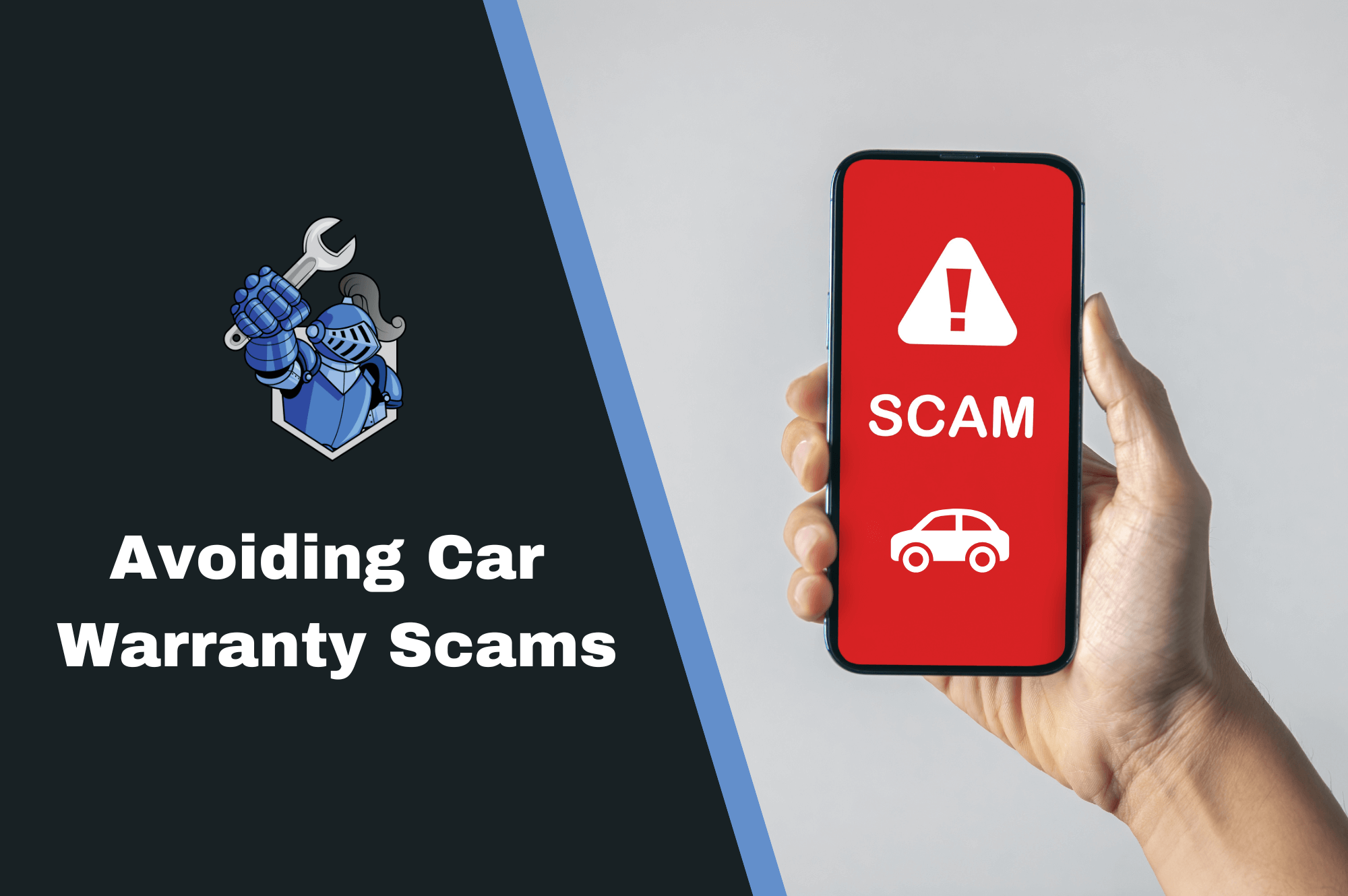In an era where extended car warranties are increasingly popular, the risk of encountering a scam is significant. For many consumers, the complexity of understanding what constitutes a reliable warranty provider versus a fraudulent one can be daunting. This article aims to arm you with the essential knowledge and strategies to identify trustworthy warranty companies and avoid scams.
Understanding Car Warranty Scams
Common Types of Scams in the Industry
Car warranty scams often involve unsolicited calls or emails claiming that your warranty is about to expire, or that you qualify for a special offer. These scammers typically use high-pressure sales tactics to push unnecessary or nonexistent warranty extensions.
Warning Signs and Red Flags
Be wary of providers who demand immediate decisions, refuse to provide detailed contract information upfront, or claim to be affiliated with reputable manufacturers or dealers without verifiable proof. Transparency in communication and documentation is key in identifying legitimate offers.
Choosing Trustworthy Warranty Companies
Researching Providers
Start by checking the provider’s history and reputation. Look for reviews on trusted consumer sites, and check their status with the Better Business Bureau (BBB). A provider’s willingness to provide detailed information about coverage and to answer questions comprehensively is a good sign of legitimacy.
Verifying Business Credentials
Legitimate companies will have necessary licensing and should be registered with relevant state departments or insurance bodies. They should be able to provide a physical address and a reliable customer service number.
Safeguarding Against Scams
Critical Questions to Ask Before Purchasing
Understanding what is covered and what is excluded is crucial. Ask about the claims process, the length of the warranty, what actions could void the warranty, and whether it is transferable if you sell the car.
Evaluating Warranty Contracts
Always read the fine print before signing any contracts. Look for clear information on coverage limits, deductibles, and how claims are handled. Beware of contracts that leave too much room for interpretation in denying claims.
Leveraging Legal Safeguards
Knowing Your Consumer Rights
You are protected under various consumer protection laws that apply to service contracts. Familiarize yourself with these rights, which can provide recourse in the event that you encounter a scam.
Actions to Take if Scammed
If you believe you have been scammed, report the incident to your state’s attorney general, the Federal Trade Commission, or the local consumer protection agency. Keeping detailed records of all communications and transactions can help support your case.
Preventive Measures to Avoid Scams
Best Practices for Warranty Purchases
Ensure that all agreements are in writing and that you have understood every part of the contract. Avoid providers who push for quick decisions or those who require payments in cash.
Using Trusted Resources
Utilize resources like the BBB or state consumer protection sites to check the legitimacy of a warranty provider before engaging with them.
The Role of Online Reviews and Feedback
Navigating Through Customer Reviews
Customer reviews can provide insights into the company's reliability and customer service. However, discern the genuine reviews from those that are overly promotional or unduly negative.
Impact of Negative Reviews
Pay attention to how a company responds to complaints as this can indicate their approach to customer service and conflict resolution.
Consultation with Industry Experts
Seeking Advice from Automotive Experts
Before finalizing any warranty purchase, consider consulting with an automotive expert. Their insights can guide you in choosing a warranty that best suits your needs.
Learning from Industry Reports
Staying informed through industry reports can provide a broader perspective on reputable providers and current warranty trends.
Staying Informed: Updates in the Warranty Industry
To make informed decisions and recognize emerging scams, it's crucial to stay updated with the latest trends and developments in the warranty industry. Here are detailed steps and resources to help you stay informed:
- Follow Industry News: Regularly read industry publications, blogs, and news sites that focus on automotive and consumer protection topics. Websites like Warranty Week or Automotive News provide regular updates and insights into the warranty sector.
- Attend Webinars and Conferences: Participate in webinars and conferences that focus on automotive services and warranty issues. These events are often hosted by industry leaders and can provide valuable insights into current trends and future directions.
- Subscribe to Newsletters: Many industry analysts and consumer advocacy groups publish newsletters that summarize recent developments and discuss new regulations affecting warranty policies. Subscribing to these newsletters can keep you well-informed about changes in the industry.
- Engage with Professional Networks: Join professional networks or online forums where experts discuss warranty issues and share experiences. This can be a great way to hear about new practices and scams directly from professionals in the field.
- Monitor Regulatory Changes: Keep an eye on any changes in federal and state regulations that affect car warranties and consumer rights. Government websites and consumer protection organizations often provide updates and explanations of how these changes could affect you.
By actively engaging with these resources, you can maintain a robust understanding of the warranty landscape, helping you make more informed decisions and spot potential scams before they affect you.
Frequently Asked Questions
What are the top signs of a car warranty scam?
The top signs include high-pressure sales tactics, requests for immediate payment, claims of affiliation with recognized manufacturers without proof, and offers that sound too good to be true. Scammers may also refuse to provide detailed contract information or avoid answering questions directly.
How do I verify if a warranty company is legitimate?
Verify the legitimacy of a warranty company by checking their credentials with the Better Business Bureau (BBB), reading customer reviews, and confirming their registration with state regulatory agencies. Also, ensure they provide clear contact details and have a professional website.
What are the must-have elements in a trustworthy warranty contract?
A trustworthy warranty contract should clearly outline the coverage details, including what is covered and what is excluded, the duration of the warranty, the claims process, any deductibles, and cancellation policies. It should also include the provider’s contact information.
Where can I report a suspected warranty scam?
You can report a suspected warranty scam to the Federal Trade Commission (FTC), your state’s Attorney General’s office, or your local consumer protection agency. These bodies can investigate and take action against fraudulent companies.
What are the best practices when selecting a warranty provider?
Best practices include doing thorough research, seeking recommendations, reading the fine print of the warranty contract, and comparing different offers. Always ensure that the provider has a good track record and is transparent about their terms and services.
Conclusion
Choosing the right extended car warranty provider is crucial for ensuring that you are adequately protected without falling prey to scams. By being vigilant and informed, you can confidently navigate the complexities of car warranties. For more insights on car warranties and tips on avoiding scams, visit our Education and Learning Center at NobleQuote.
Suggestions for you
Read MoreLet’s work together
Every week we showcase three charitable organizations that our donations are sent to. Our clients are able to choose which of these three will receive their gift when they add coverage to their vehicle...




